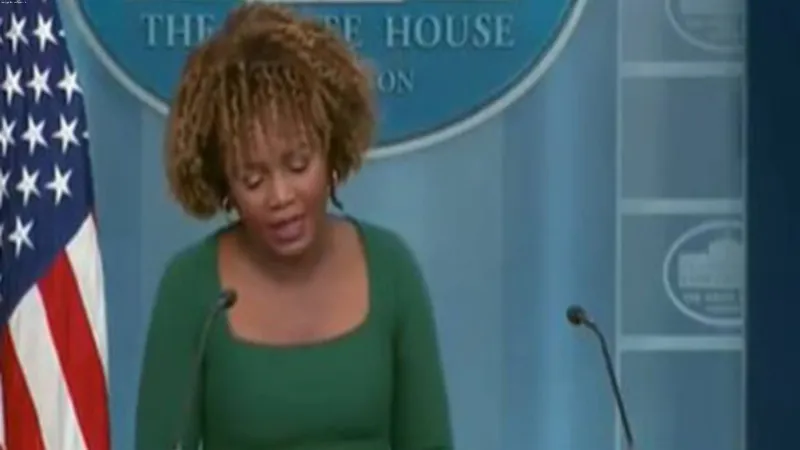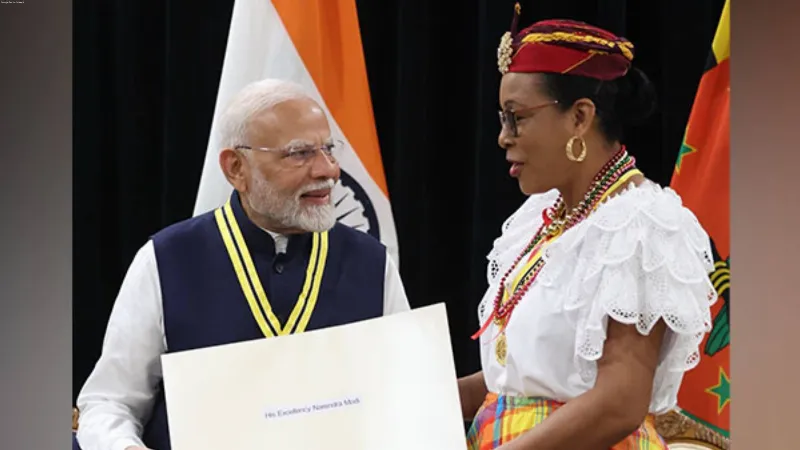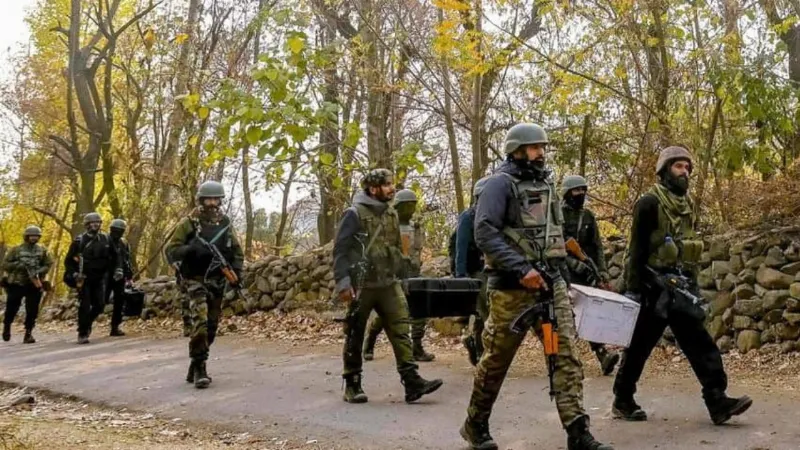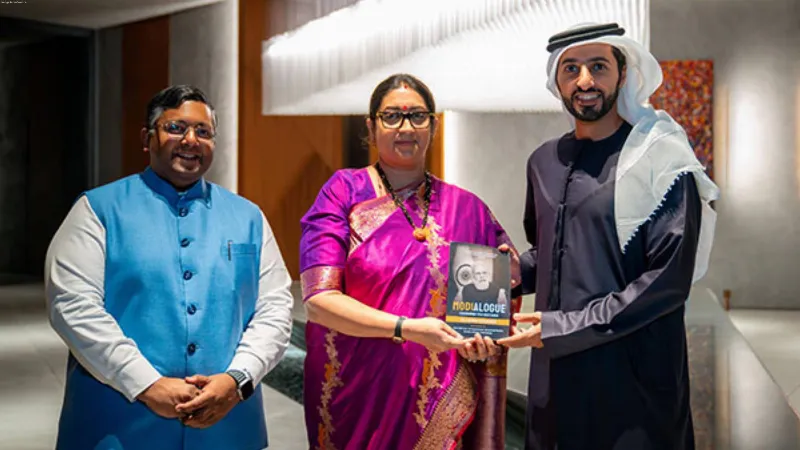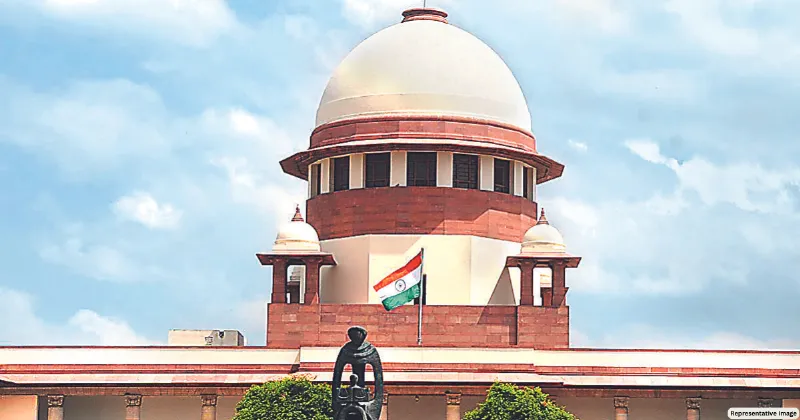Karachi [Pakistan]: A young man was allegedly killed by a security guard while he was recording a video for a social media platform, as reported by ARY News.
Authorities revealed that the security guard, identified as Ahmed Gul, aged 35, shot Saad Ahmed, aged 24, when he was filming a TikTok video near Sereena Mobile Mall in the Buffer Zone area of Karachi. The police elaborated that the guard intercepted the young man before firing at him.
The Senior Superintendent of Police (SSP) Central disclosed that the incident occurred within the jurisdiction of the Taimooria police station, and the responsible security guard has been apprehended, ARY News.
During the initial interrogation, the guard alleged that Saad had made provocative gestures towards him while recording the video, as stated by the SSP.
Authorities further disclosed that the guard was employed by a private security company, with his firearm, identified by its serial number '222', being confiscated. Confirming the retrieval of the weapon used in the fatal shooting, police said further investigation is on.
This is not the first time, a TikTok-related accident was reported from Pakistan. In December last year, near the Sheikhupura district of Punjab, three youth lost their lives while shooting a video for the popular video-sharing platform, as reported by ARY News.
The victims, residents of Khanqah Dogran city in Safdarabad Tehsil, were on a motorcycle, capturing footage for TikTok when they met with an accident. Distraction led to a head-on collision with a car approaching from the opposite direction, resulting in the tragic deaths of the three young men.
On December 24, Jamia Binoria Town, a prominent religious school in Karachi, the capital of Sindh province, issued a fatwa (a religious decree) declaring the use of TikTok illegal and 'haram', terming it the biggest temptation of the modern era, Pakistani vernacular media reported.
In the fatwa, the institution outlined ten reasons supporting its stance.
The fatwa, delivered online by Jamia Binoria, asserts that TikTok poses an increasing danger as a 'fitna' (temptation) in the present age and is considered illegal and haram from a Shariah perspective.
Among the reasons cited, the app's inclusion of photos and videos of animals is deemed forbidden in Sharia, and the creation and dissemination of obscene videos by women on the platform is highlighted, Dawn News TV report added.
Furthermore, the fatwa condemns the practice of men and women on TikTok making videos involving dancing and singing, which is viewed as a means of spreading obscenity and nudity, deemed a waste of time and leading to moral decay.
Jamia Banoria's fatwa underscores that TikTok not only contains videos that mock scholars and religion but is a platform where everything can be subjected to mockery and ridicule.
In the past, religious scholars have been calling for a ban on TikTok as a reason for spreading immorality, and a partial ban has also been imposed on TikTok time and again in Pakistan, Dawn News TV reported.
In 2021, the Pakistan Telecommunication Authority imposed a five-month ban on the video-sharing app from July to November. The ban was lifted after TikTok provided assurances that it would enhance measures to control indecent or immoral content on the platform, The Express Tribune reported.





